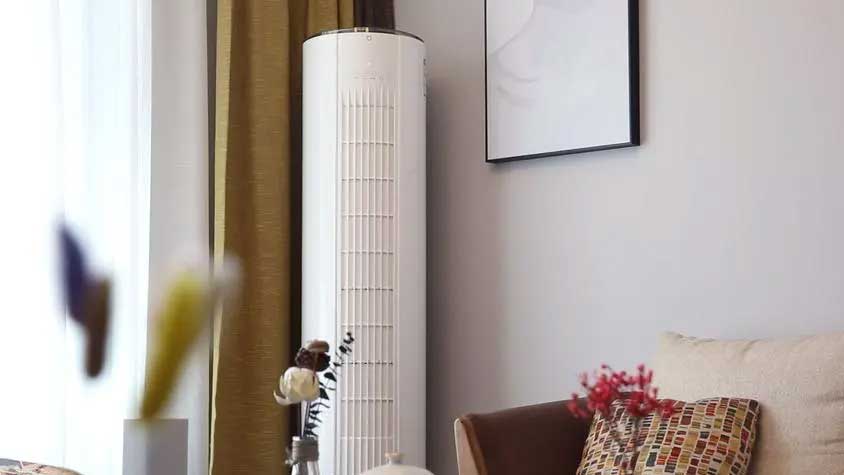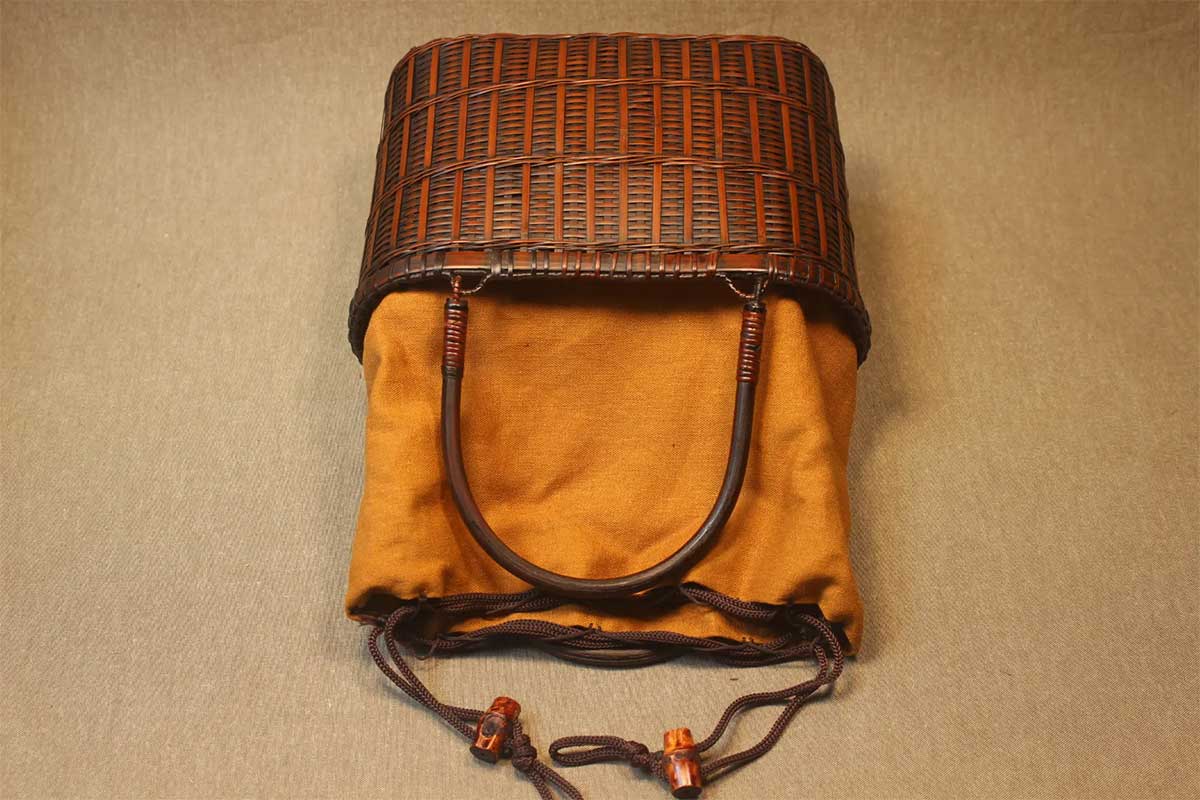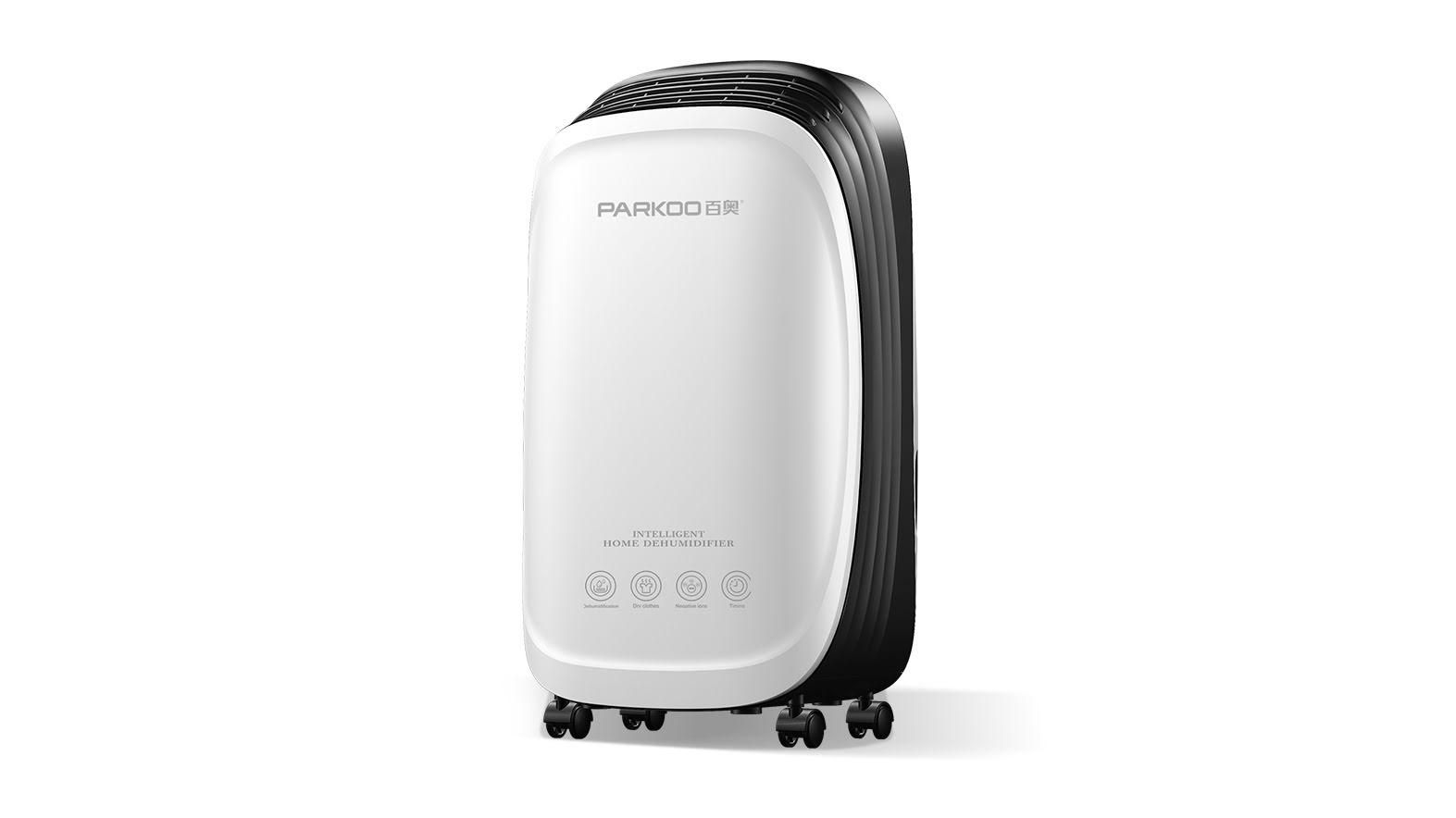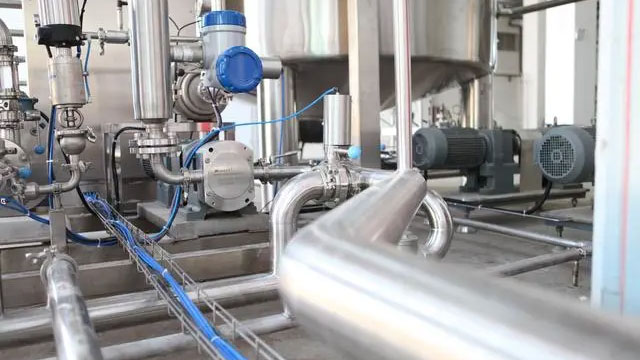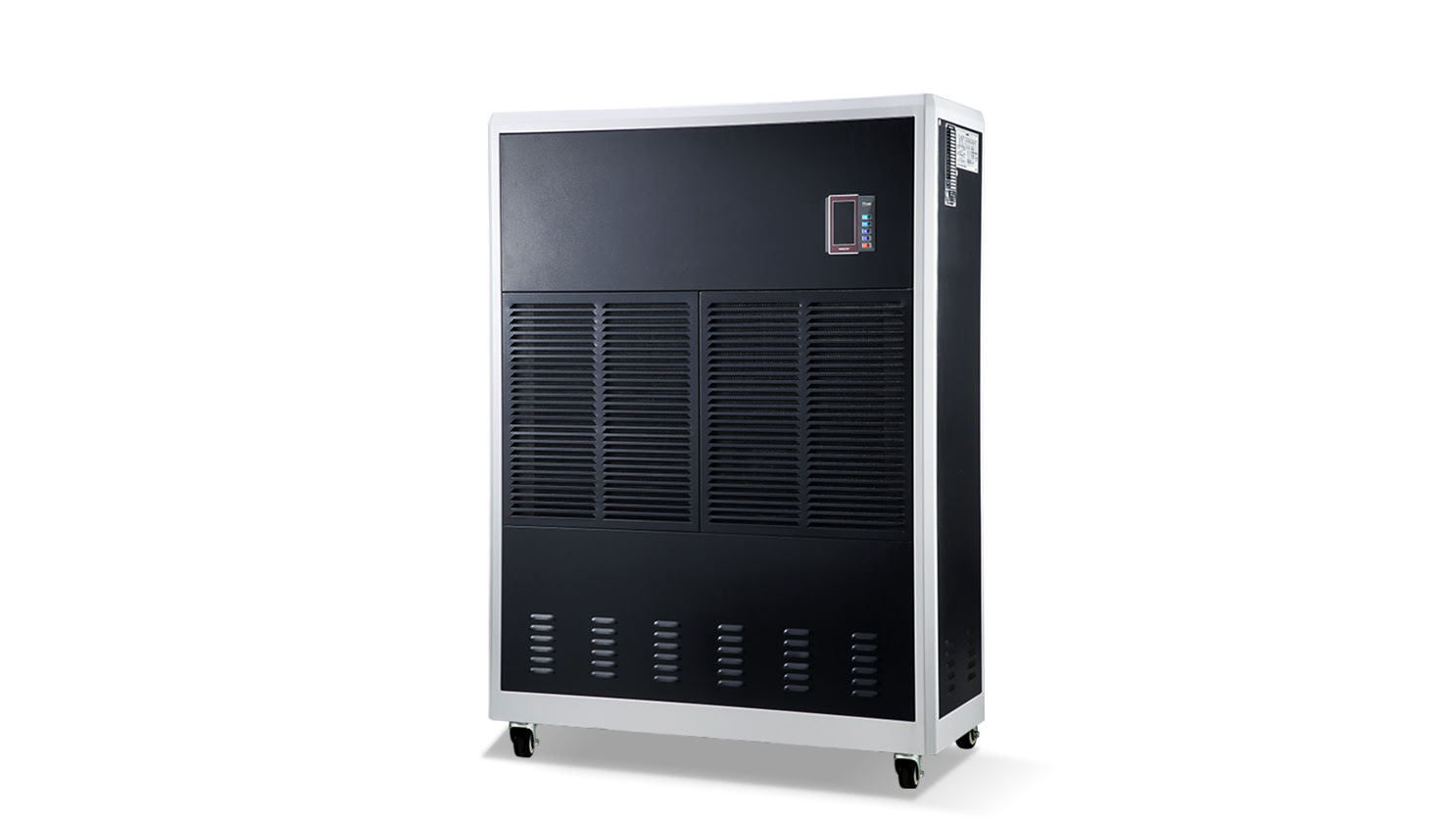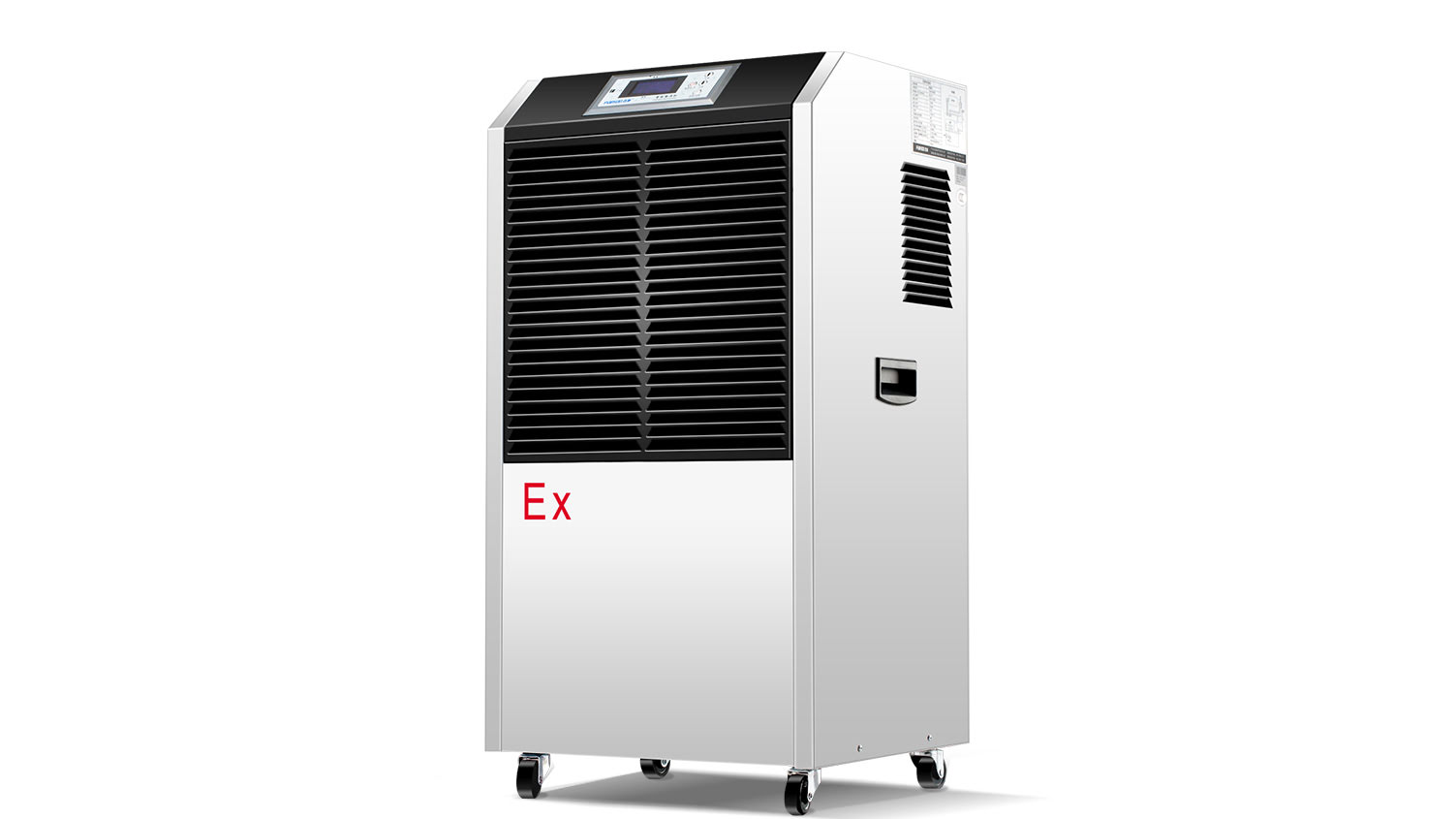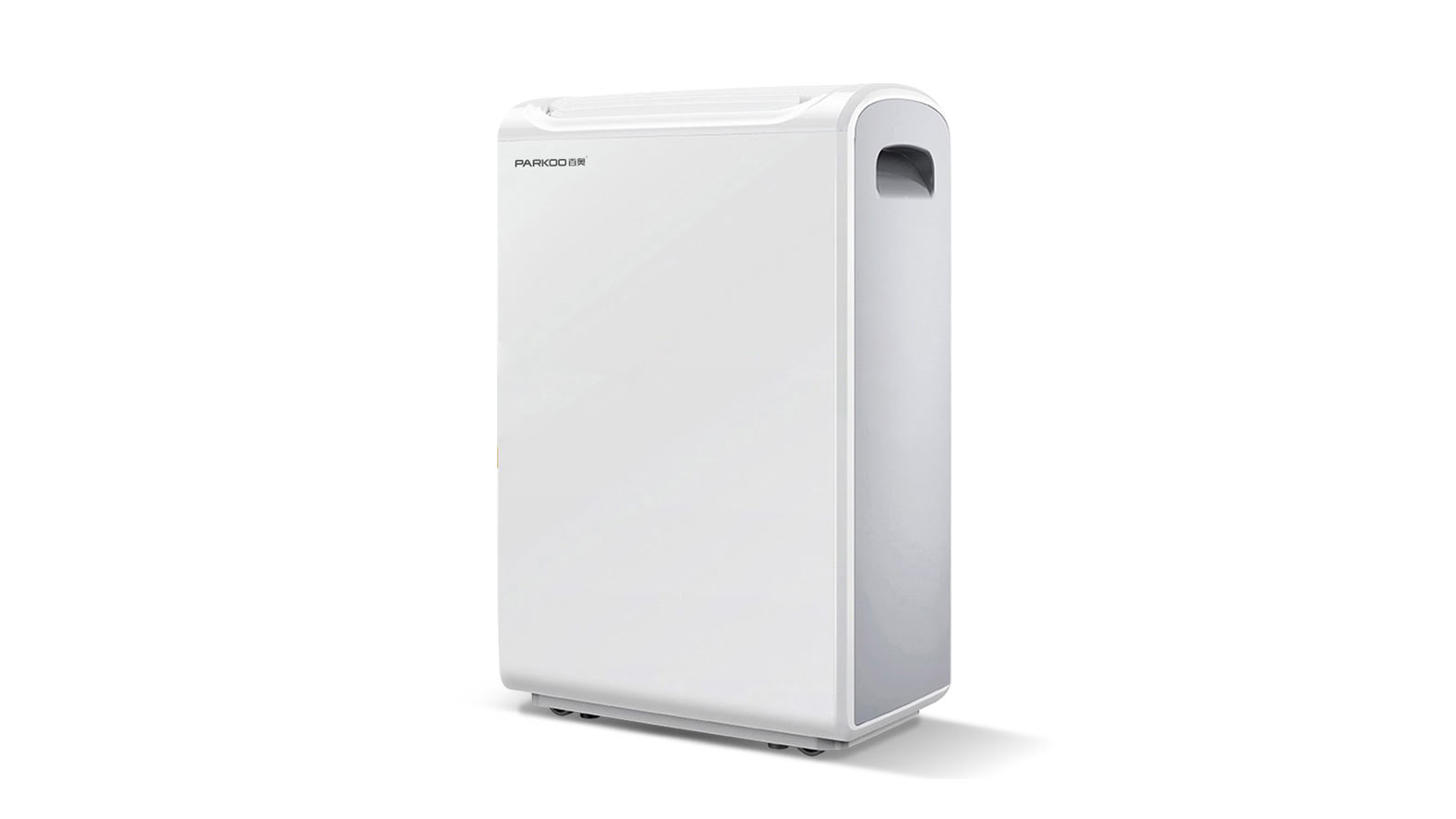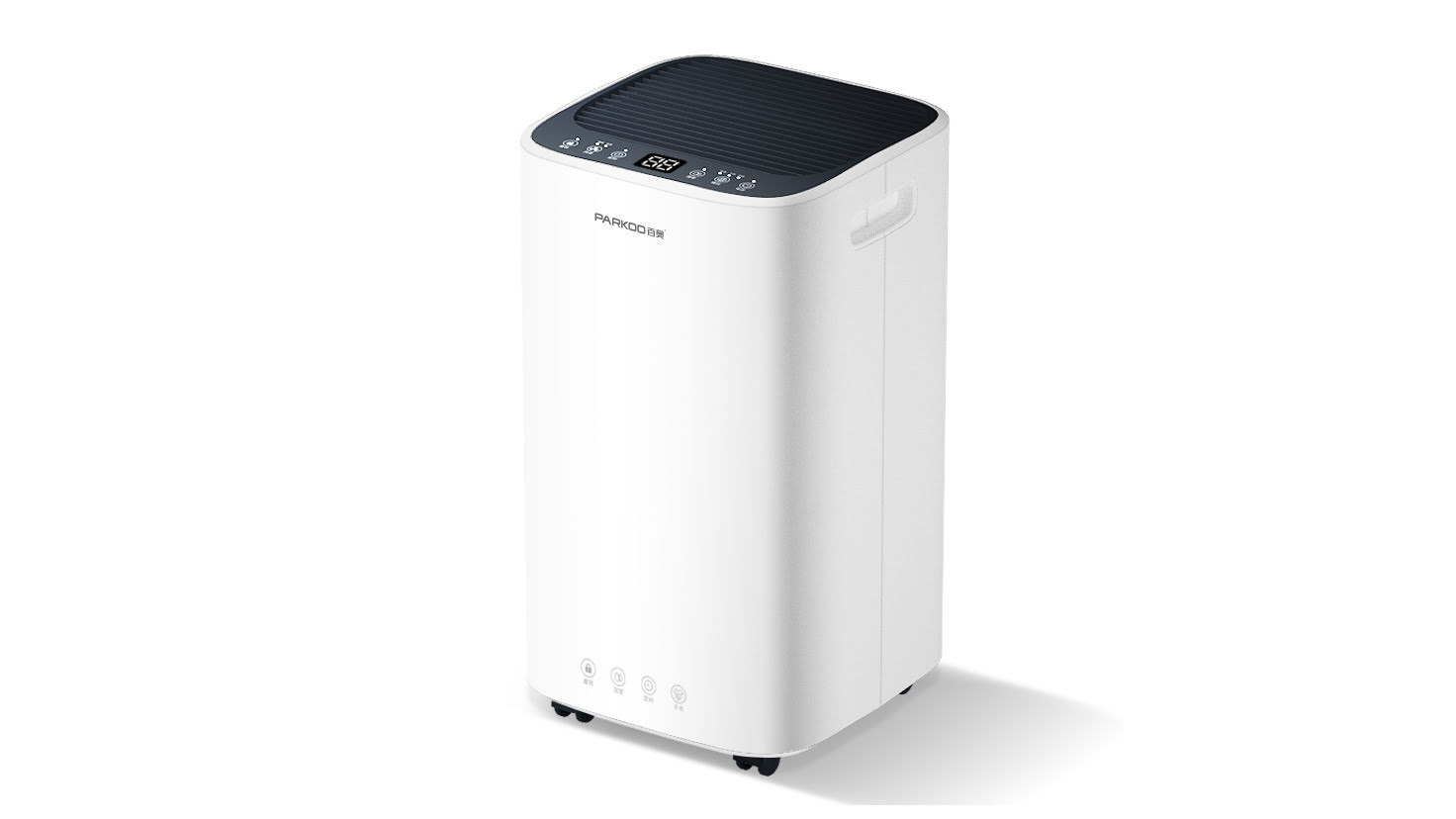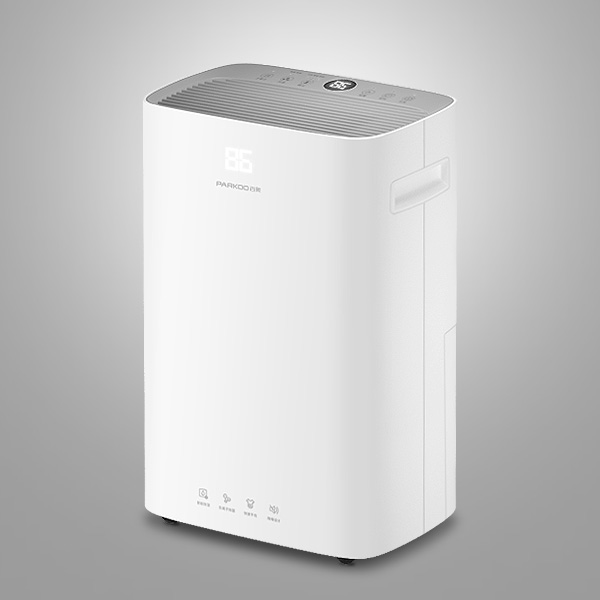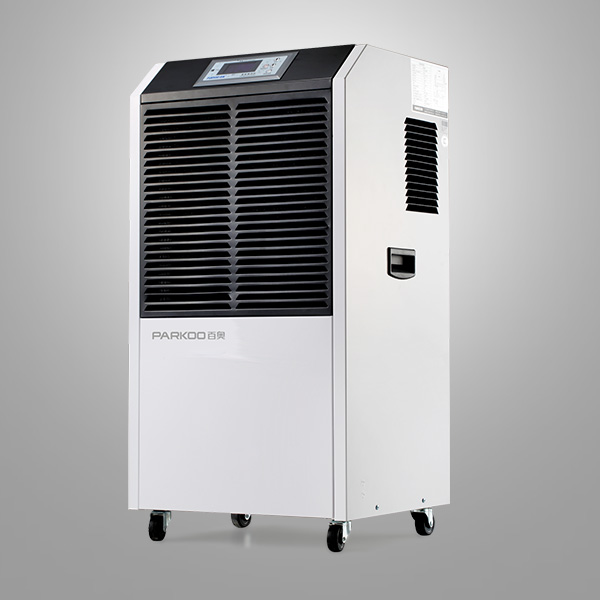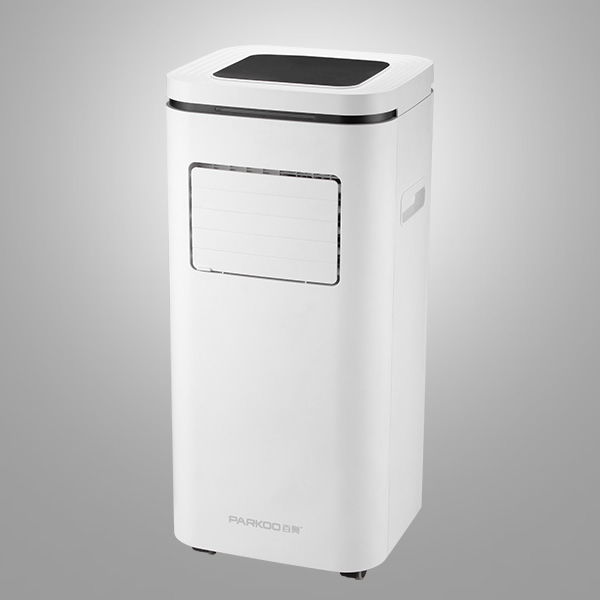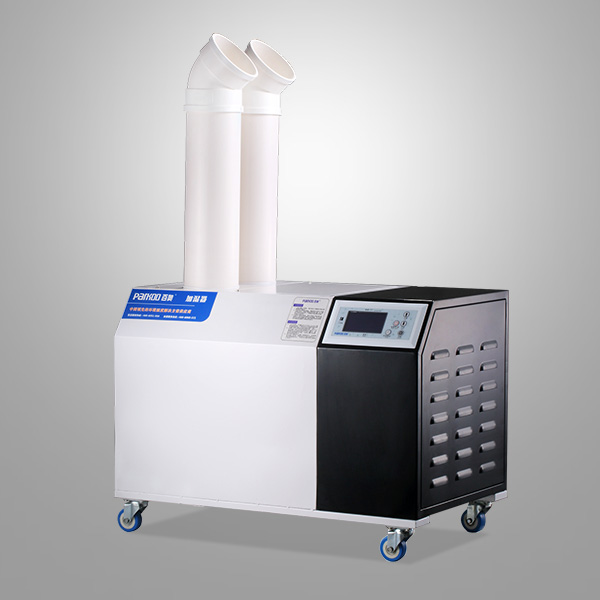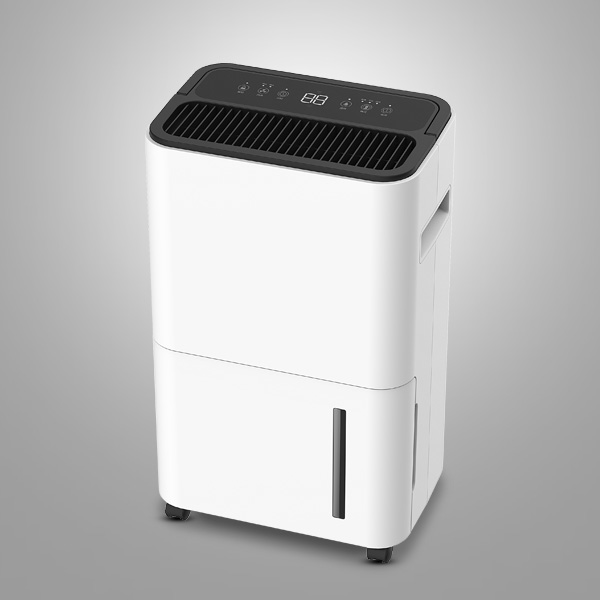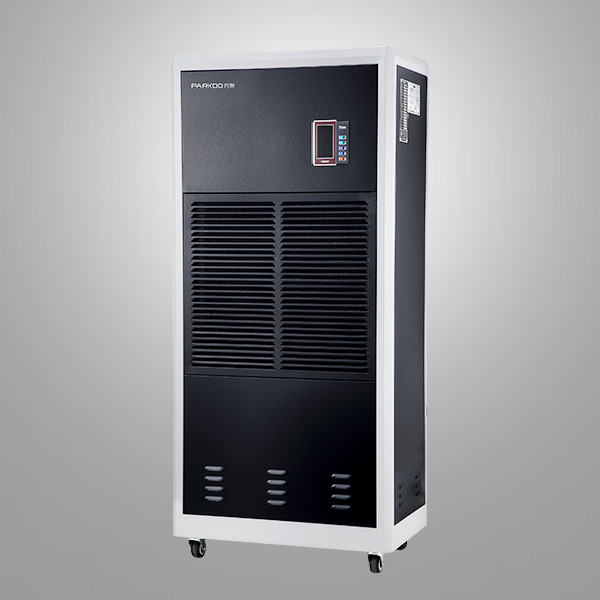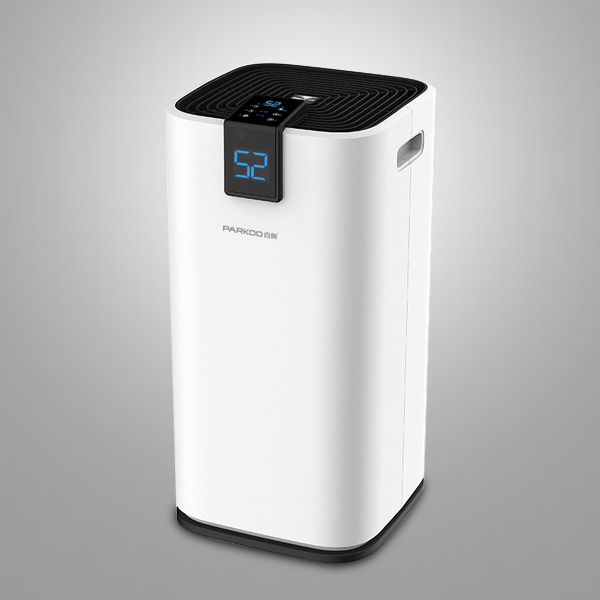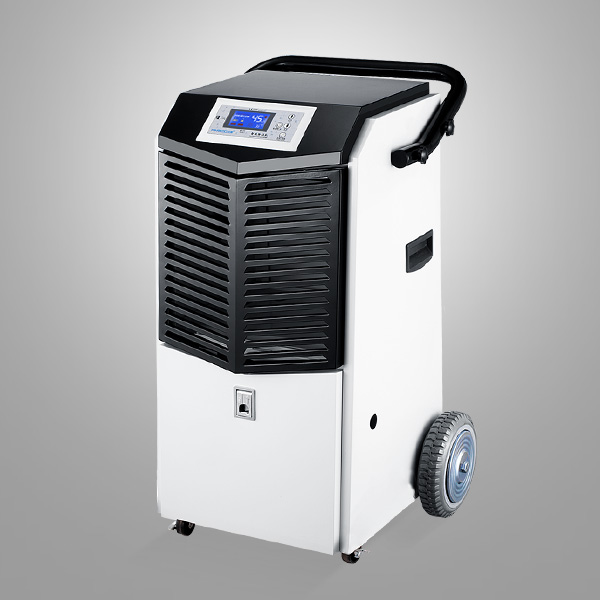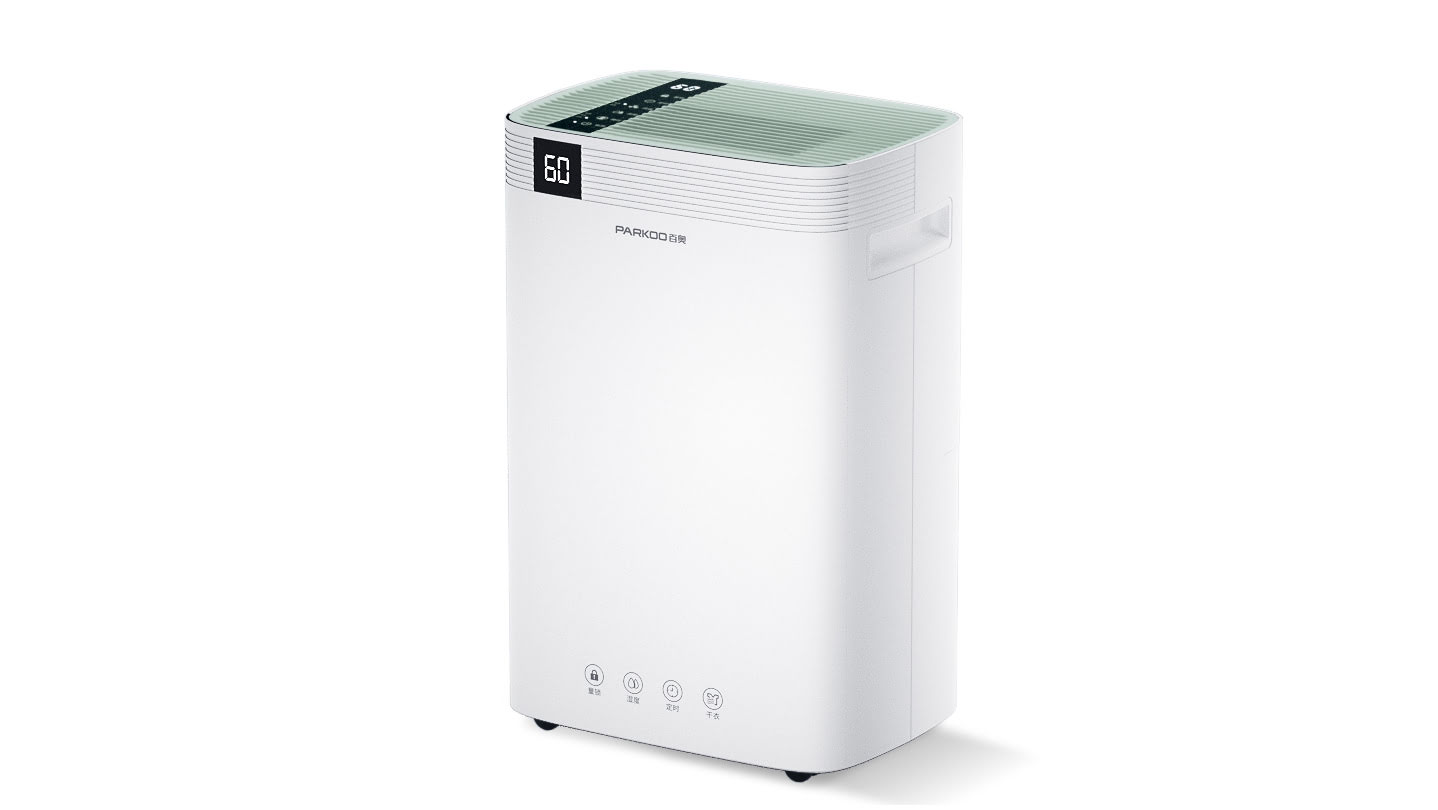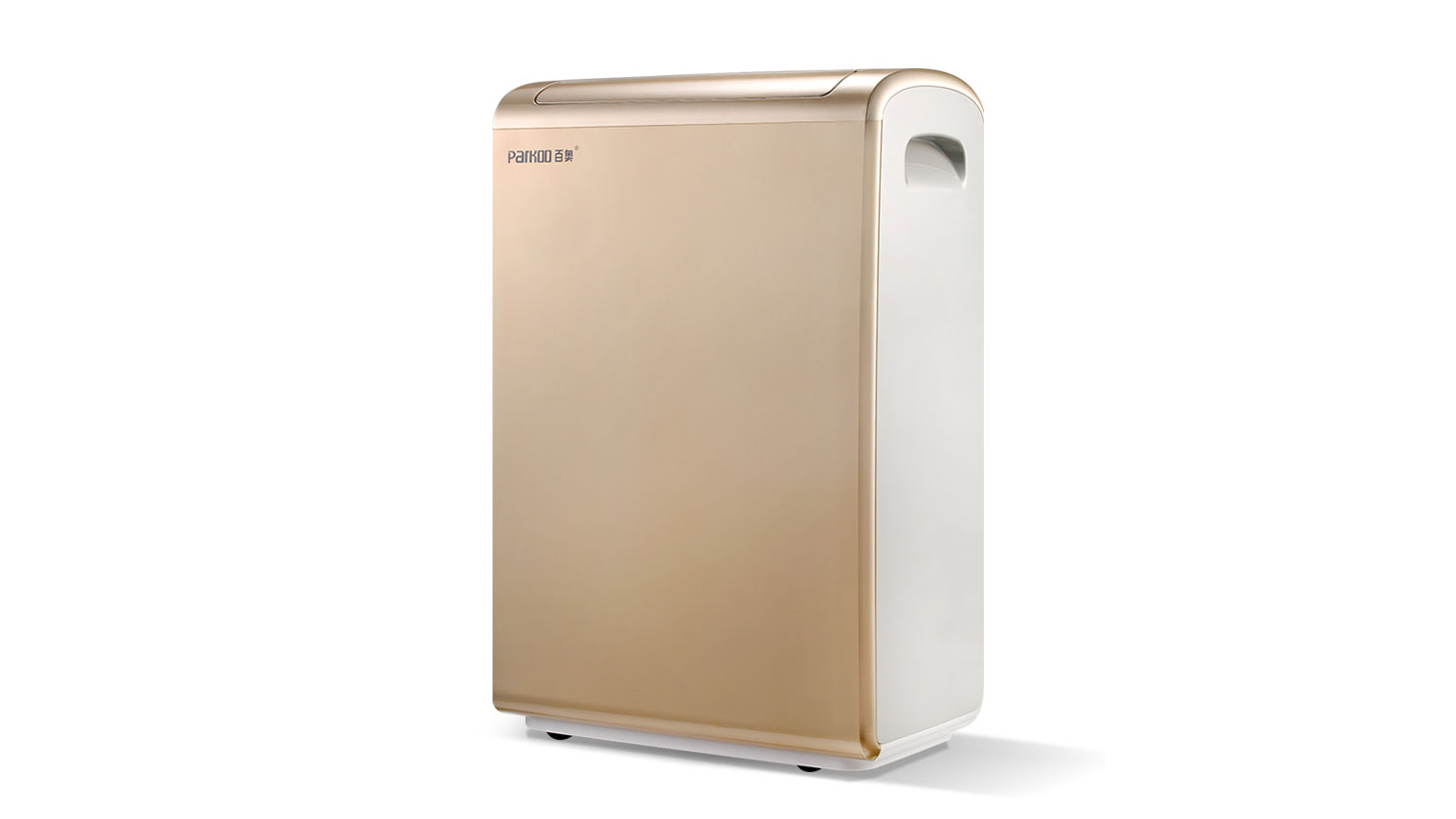In many modern product Manufacturing industries, such as: pharmaceuticals, food, it equipment, etc., there are strict requirements for Environmental huMidity control. However, sometimes the least visible areas of the industry are easily overlooked.
The simple manufacture of Lithium Batteries requires a dry room with Ultra-low humidity. these dry chambers vary from small R&D labs to large mass production Facilities.
like many devices in the modern world, lithium battery technology is always changing, and in a very dramatic way. new materials and chemistries are being tested every Day, all in an effoRT to reduce costs and meet growing demand. but to do these tests efficiently and safely, they must be done in specially designed ultra-low humidity dry rooms to avoid the hazards made by chemical reactions.
Low humidity to high throughput
Lithium batteries contain lithium Metal or lithium alloy, and the chemical properties of lithium atoms are very reActive, lithium metal has extremely high oxidizing properties to water, forming lithium hydroxide and hydrogen and generating large amounts of heat, leading to fire or even explosion, which is very dangerous. It makes the production, processing and use of lithium batteries particularly stringent requirements for Moisture, meaning you Need a stable Environment with low humidity.
To minimize the risk, manufacturers need to reduce the moisture content in the air at all times and Maintain an ultra-low humidity environment.
Beyond safety concerns, Keeping air humidity levels low is necessary for increased product yields, better Quality control, energy Efficiency, cycle life and even factory warehouse storage capacity. In short, it is an Important factor in lithium battery manufacturing.
Dry Room Applications
With the advent of Consumer Electronics, Electric vehicles, solar and grid storage technologies, battery production processes have beCome highly variable, each using a unique chemical process that requires control of ambient humidity.
The deHumidification system must have sufficient drying capacity to ensure that the ambient humidity can be maintained within the specified conditions. Most battery manufacturers require that the humidity/average humidity of the room be maintained at a dew point temperature of -40°C Td and sometimes even lower. Some of the factors that need to be considered in a customized humidity solution include the size of the drying room, the type of chemistry and process, moisture infiltration, personnel activity in the room, materials, and more.
A single solution that addresses all of these issues, stays within budget, is reliable enough to meet the stringent safety standards required by the industry is cHallenging.
PARKOO dehumidifier, is Committed to be the leading supplier of environmental temperature and humidity solutions in China, providing customers with high quality Products and services.
